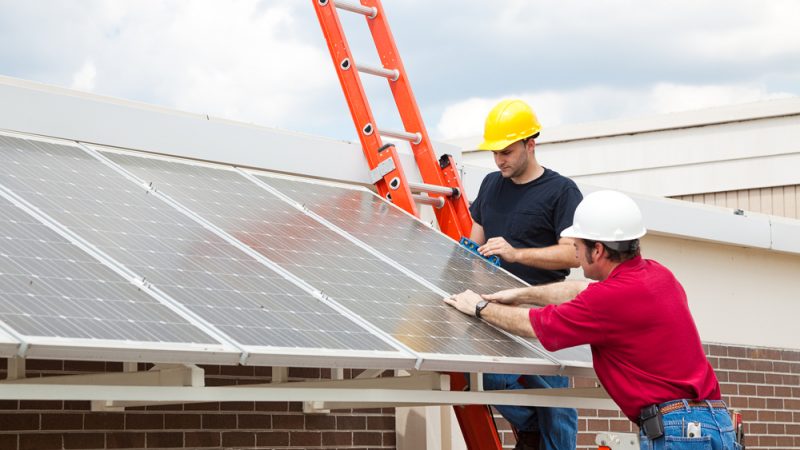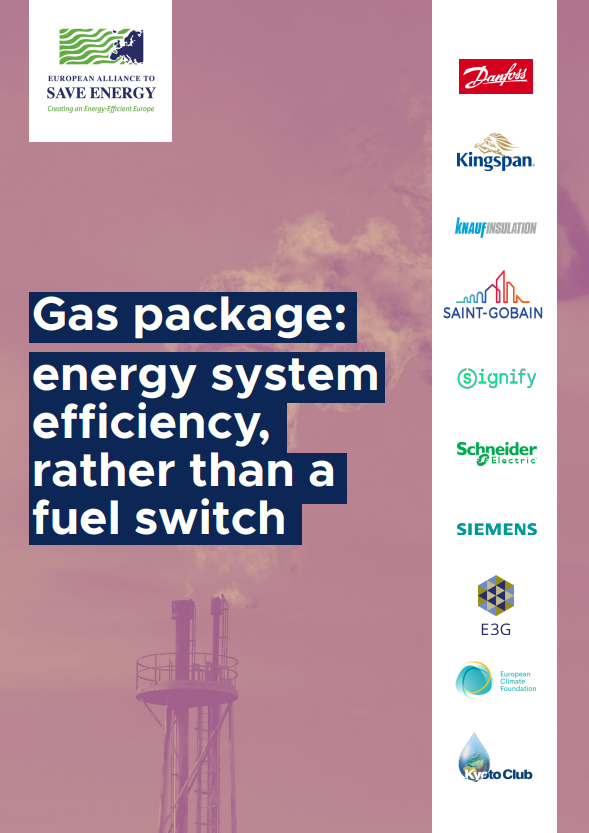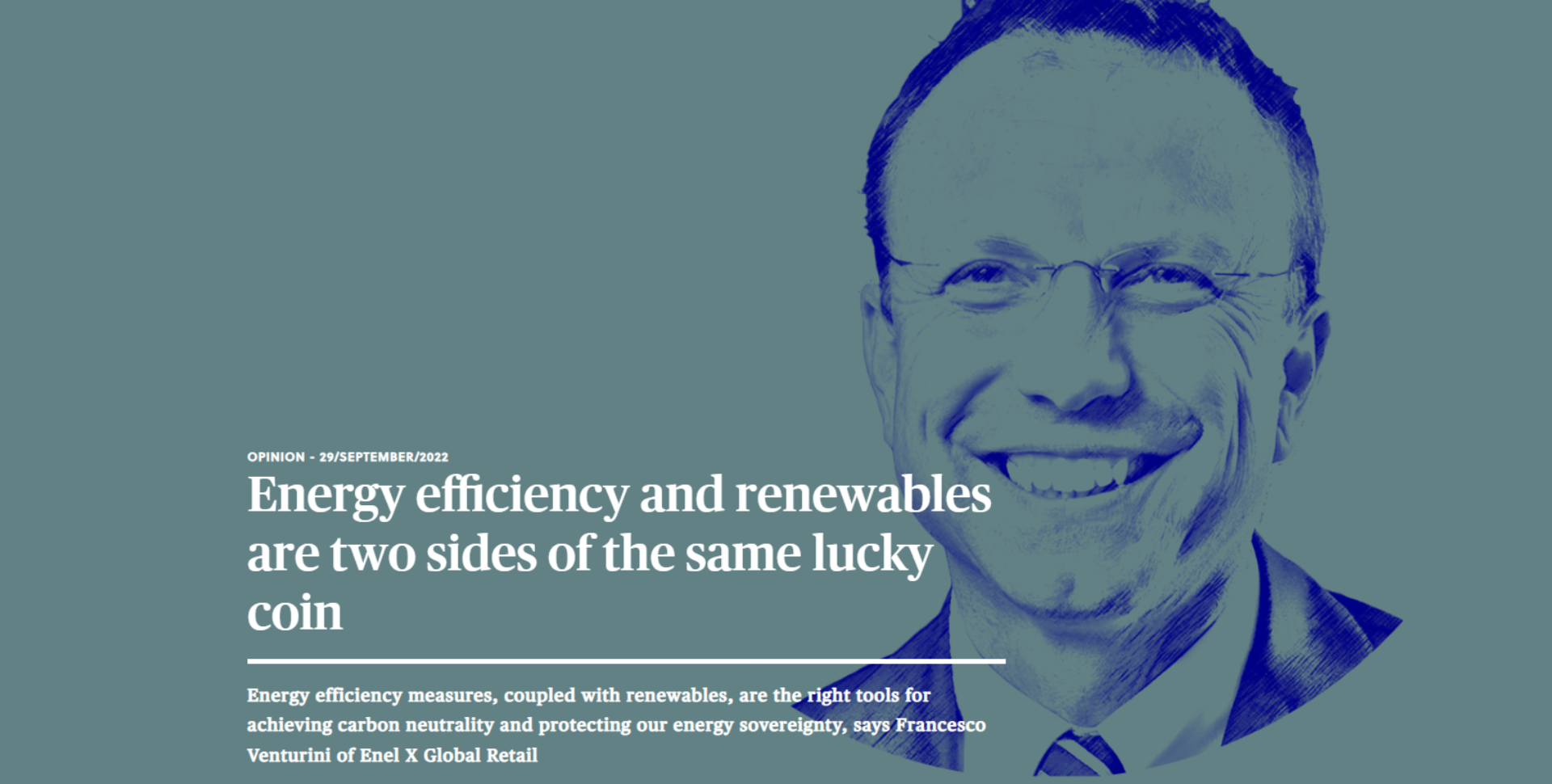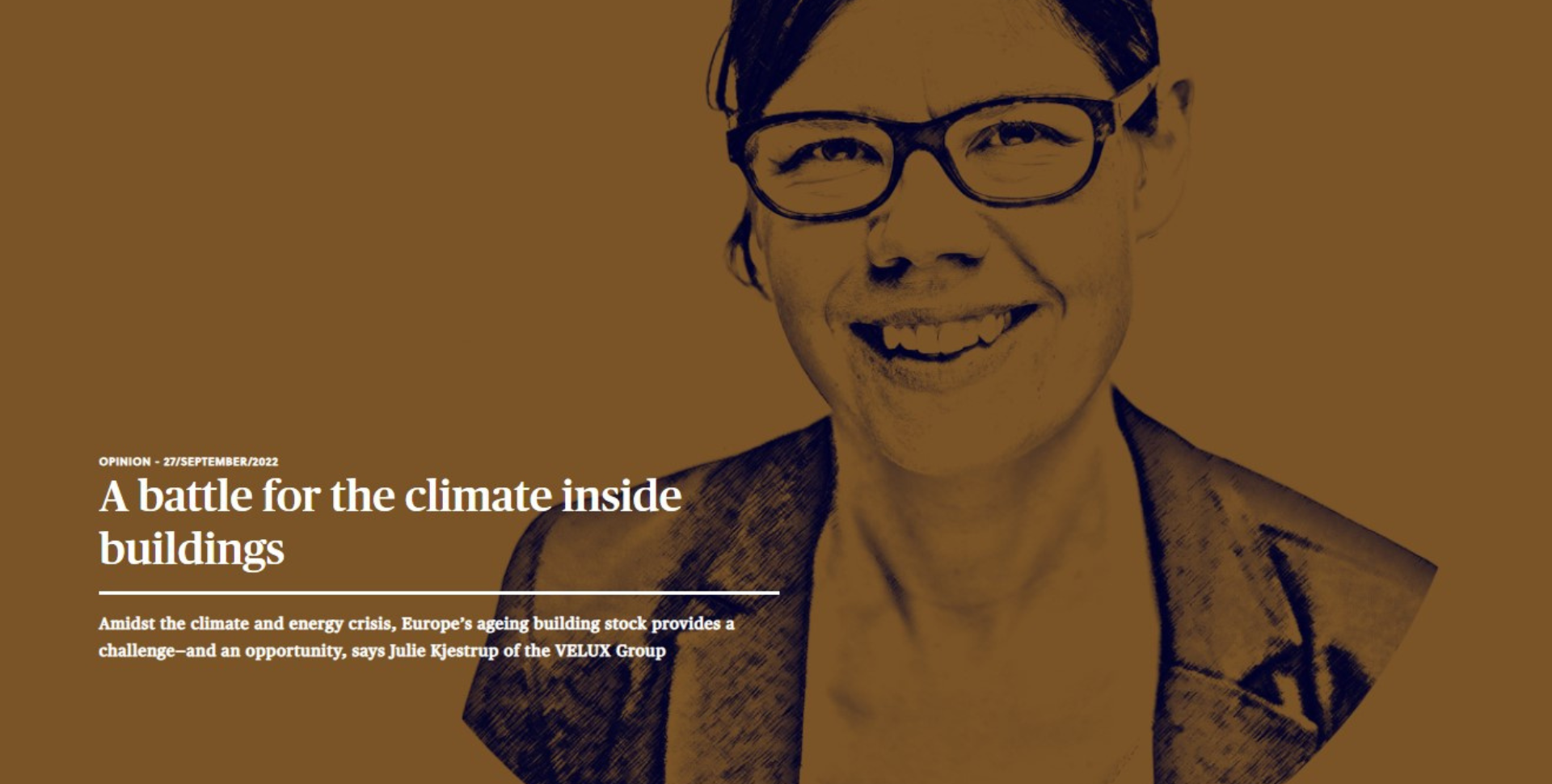Investing in energy efficiency: if not now when?

As the cheapest & cleanest energy is the one we don’t need, rapidly increasing energy savings is of outmost importance to address the current crises, says Monica Frassoni in Euractiv, ahead of the first edition of the European Energy Efficiency Day conference.
More than two hundred days have passed since Russia launched a full-scale invasion of Ukraine, starting a tragic conflict in Europe with no clear end in sight. The use of energy as a weapon by Vladimir Putin shows that by delaying plans for a clean energy transition the EU is more vulnerable and insecure.
While emergency plans are underway to respond to the crisis, skyrocketing prices of wholesale fossil gas and electricity pose a real challenge to struggling citizens and businesses and put at great risk the post-pandemic recovery.
Today, the pressing question everyone is asking is: how can we make it through the next winter and how can we reduce quickly energy prices? But the real question should be: how can we make it through the next four-five winters and burning summers, and at the same time accelerate carbon emissions reduction.
Because the cheapest and cleanest energy is the one we do not need, rapidly increasing energy savings is of outmost importance. By mainly focusing on diversification of gas supply many governments are underestimating the massive savings potential that is currently untapped at end-use and system levels via retrofitting, demand-side flexibility and by accelerating the digital transition.
Read the full article by Monica Frassoni on Euractiv
More information on Energy Efficiency Day here & Register here.




